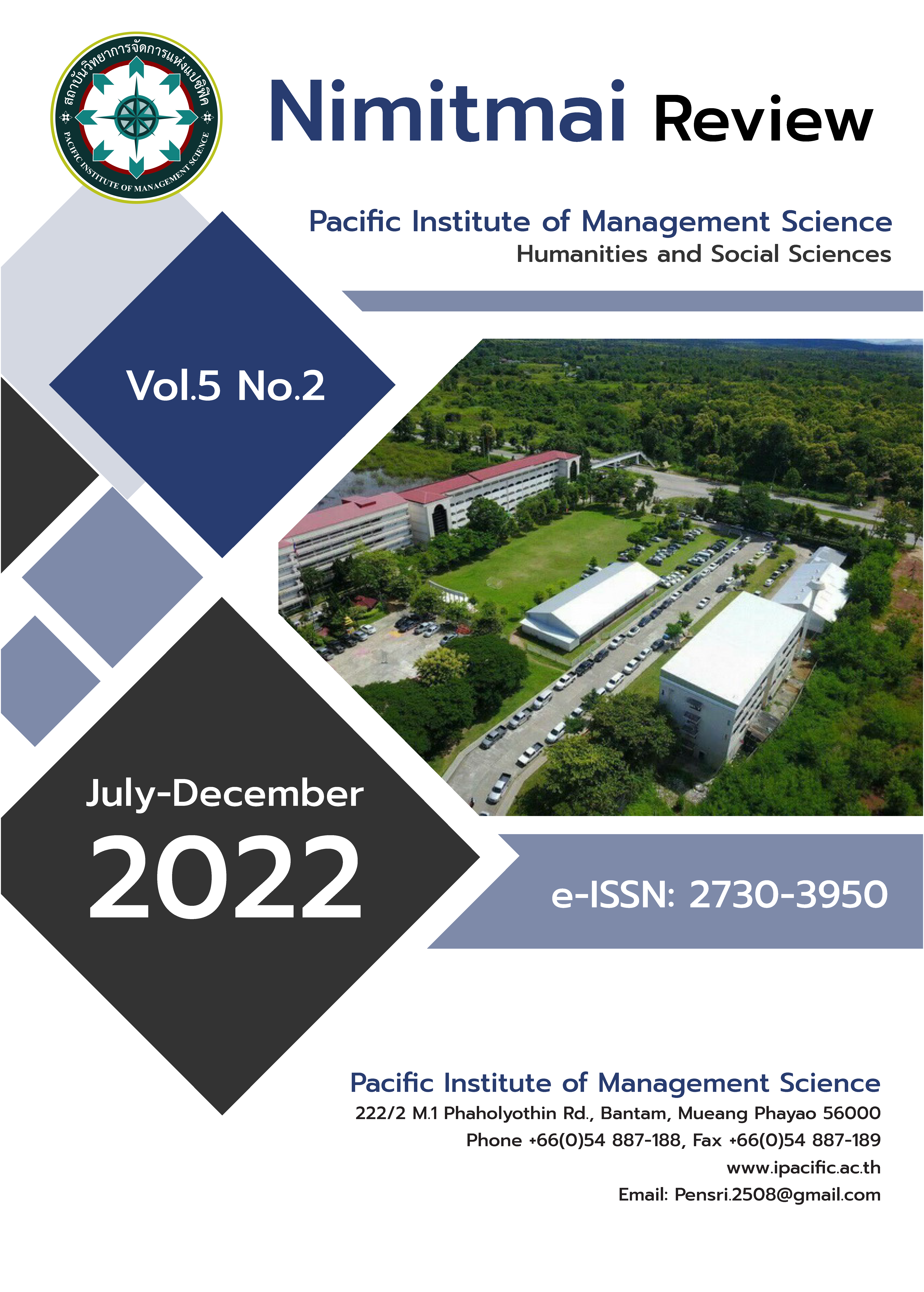The Interest, Innovation, Practice and Challenge of Chinese Opera: Case Study of the Practical on Chinese Opera and Music of the Guangzhou Sanyuan Fang Primary School, China
Keywords:
Chinese Opera, Innovation, Primary school students, MotivationAbstract
In the context of vigorously promoting traditional culture and promoting the policy of "opera into campus" in China, but the acceptance of opera by young people is generally not very high, more than 100 students in sanyuanfang primary school in Guangzhou participated in the activities of combining opera and music under the guidance of teachers. Through a series of variable analysis and comparison, the author compares the students' feelings before and after the activities, and comes to the conclusion that teachers and students should be encouraged to "innovative" thinking, and innovative teaching of "drama" and "modern music" should be encouraged. Only in this way can students be exposed to opera music full of modern elements from an early age, and like opera, and understand it from the composition and connotation of opera, thus forming a complete opera experience process. Paying attention to the popularization of Opera Education will certainly enhance the artistic quality of the whole people, increase the cohesion of the Chinese nation, and through the Opera Education in the new era, at the same time, enhance the creativity and creativity of young people, and expand their thinking ability and vision.
References
Amabile, T..Creativity in context: Updated to the social psychology of creativity. Boulder, Co: Westview, 1996.
Bandura, A..Self-efficacy: Toward a unifying theory of behavior change. Psychological Review, 1997,84, pp.191-215.
Bandura, A..Self-efficacy: The exercise of control. New York: W.H.Freeman, 1997.
Bandura, A.and Schunk, D.H..Cultivating competence, self-efficacy, and intrinsic interest through proximal self-motivation. Journal of Personality and Social Psychology, 1981,41. Pp.586-598.
Dong Weisong, Theory on Chinese Traditional Music and Its Teaching, Journal of China Conservatory of Music, Chinese Music, 1999.1.
J.T.Spence(Ed.), Achievement and achievement motivation. San Francisco, Ca: W.H.Freeman, 1983, pp.75-146.
Song Junhua, The Choice of the Way to Inherit Chines Opera, Art of Chinese Opera, February 2018:P15-16
Woolfold, A..Educational psychology. Boston: Allyn and Bacon. 2007.
Xinhua News Agency, “The Fourteenth Five-year Plan of China” “Outline of the Long-term Goals of China for 2035”, 2021.3.12
Downloads
Published
How to Cite
Issue
Section
License
Copyright (c) 2022 Nimitmai Review Journal

This work is licensed under a Creative Commons Attribution-NonCommercial-NoDerivatives 4.0 International License.



